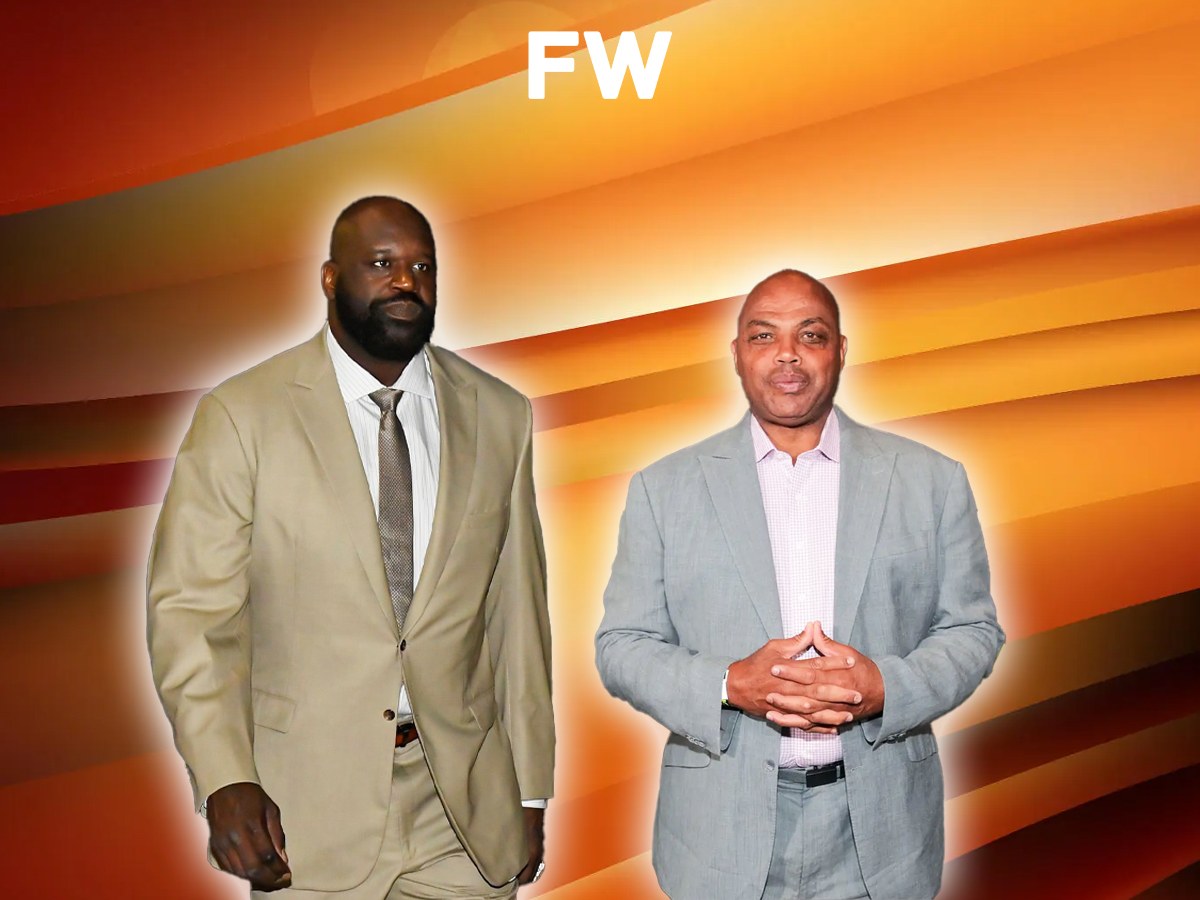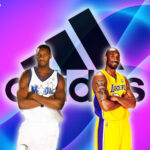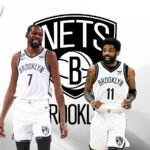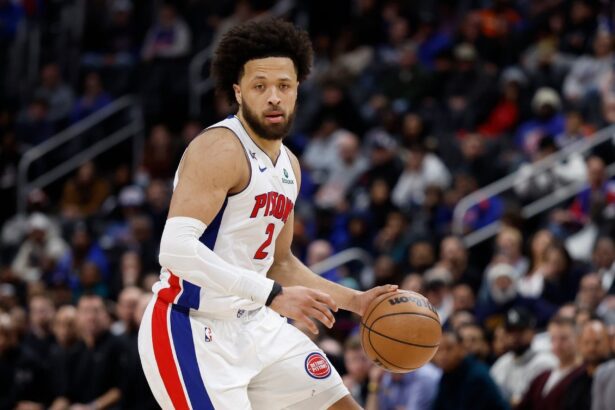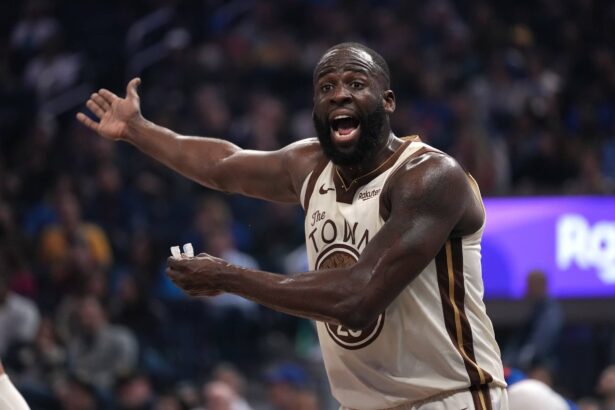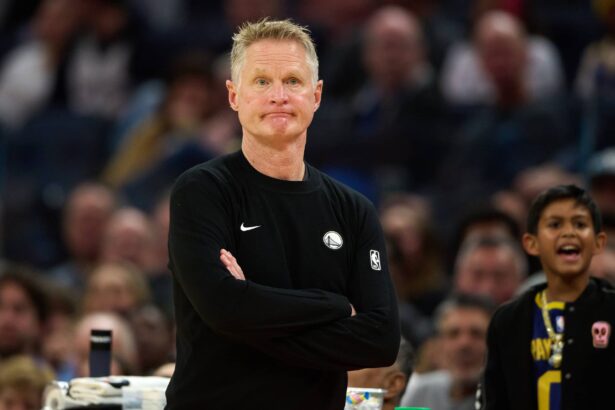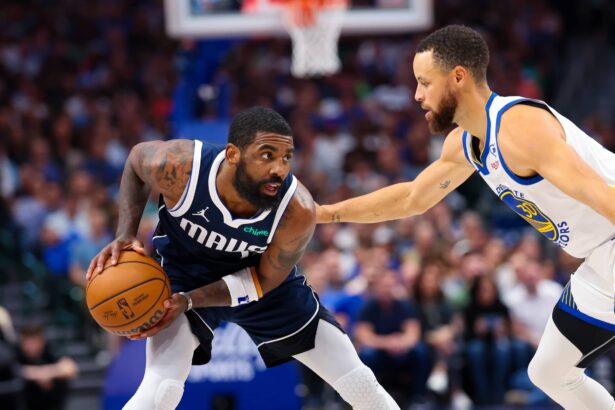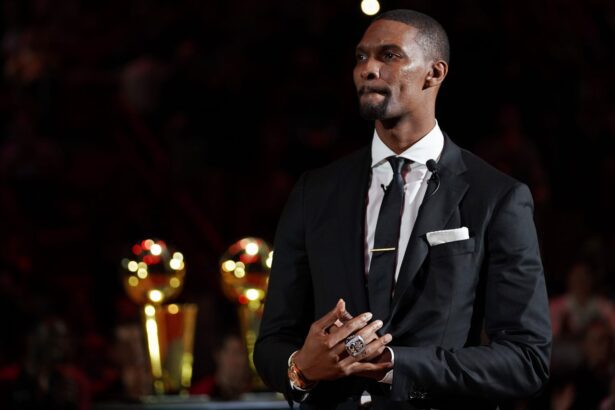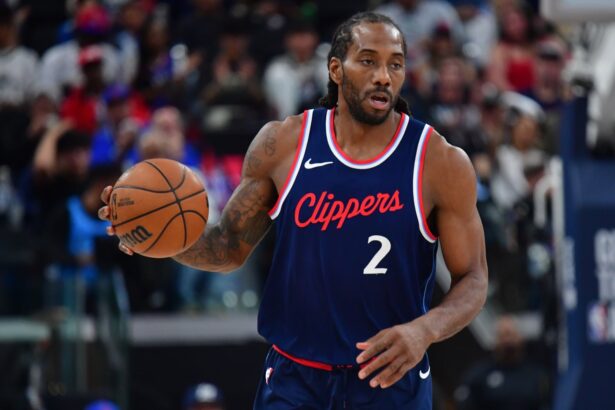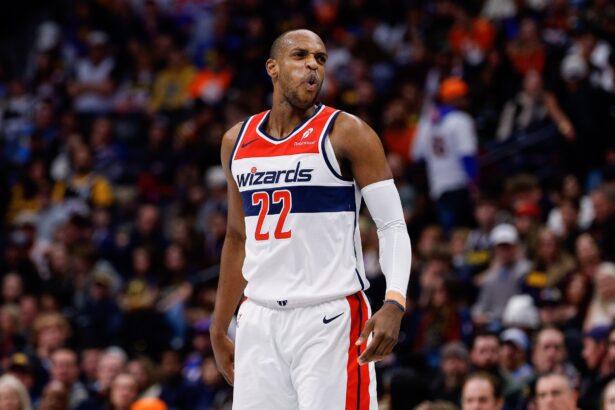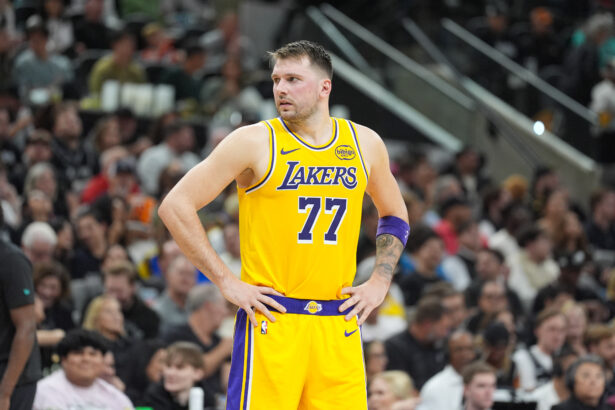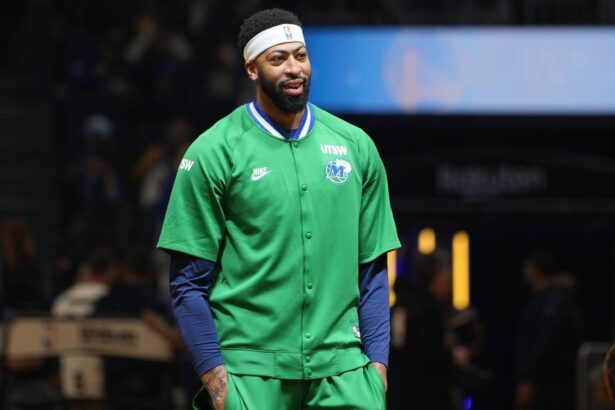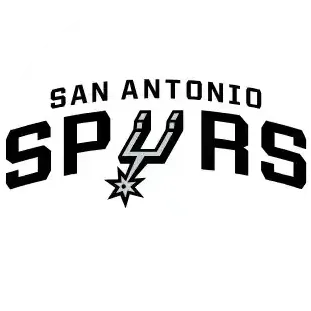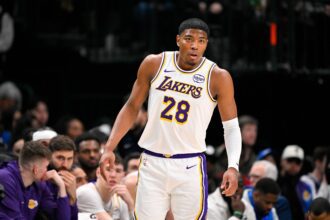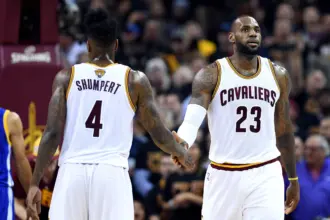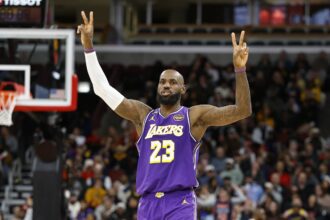The business of being in basketball media often means that the analysts who do these jobs have to call out NBA players. While the criticism is warranted at times, it’s not always that it is received well by the players or their fans. And no single NBA star has drawn as much commentary over the last few seasons as Kyrie Irving.
Kyrie is back and playing for the Brooklyn Nets, even though the reports suggest that they might be looking to move him on. He missed 8 games thanks to his latest well-publicized controversy, and that has been a topic of conversation for a few weeks. When he initially linked the documentary that was the cause of the controversy, he received a lot of backlash from NBA analysts, notably Shaquille O’Neal and Charles Barkley.
Shaq called him an idiot, something he explained later, while Barkley questioned why they even have to talk about his constant issues off the court. Both condemned his actions, and after the situation got a little out of hand, both received backlash for their comments from those supporting the point guard. And now another voice has been added to the chorus.
Craig Hodges Questioned Charles Barkley And Shaquille O’Neal For Their Attacks On Kyrie Irving
Craig Hodges was a two-time NBA champion with Michael Jordan’s Chicago Bulls. Hodges is best known for his political activism. He famously asked Michael Jordan and Magic Johnson to boycott the 1991 NBA Finals as a protest against the LAPD’s beating of Rodney King. He later sued the league, claiming that he had been blackballed thanks to his strong political views. And Hodges has now called out Shaquille O’Neal and Charles Barkley over their treatment of Kyrie.
“I don’t know how it works for brothas like Charles and Shaq and other black people in the media, but does someone come up to them before their shows to tell them, here’s the script, say this on this topic? I ask because how else could it be that when everything first came out with Kyrie, we had black people coming at him harder than anyone else? Calling him an idiot? Y’all my brothas but come on now, that’s not what we do.”
This is a delicate topic; the history of minorities and the way they have been treated in the United States is a complicated one, to say the least. When it comes to Irving, there’s no denying that what he promoted shouldn’t be so, but the backlash was also perceived as being excessive. There is rarely a right answer in these situations, and the hope is that it’s the last of these conversations around the point guard for a while to come.
We sincerely appreciate and respect you as a reader of our site. It would help us a lot if you follow us on Google News because of the latest update.
Thanks for following us. We really appreciate your support.

